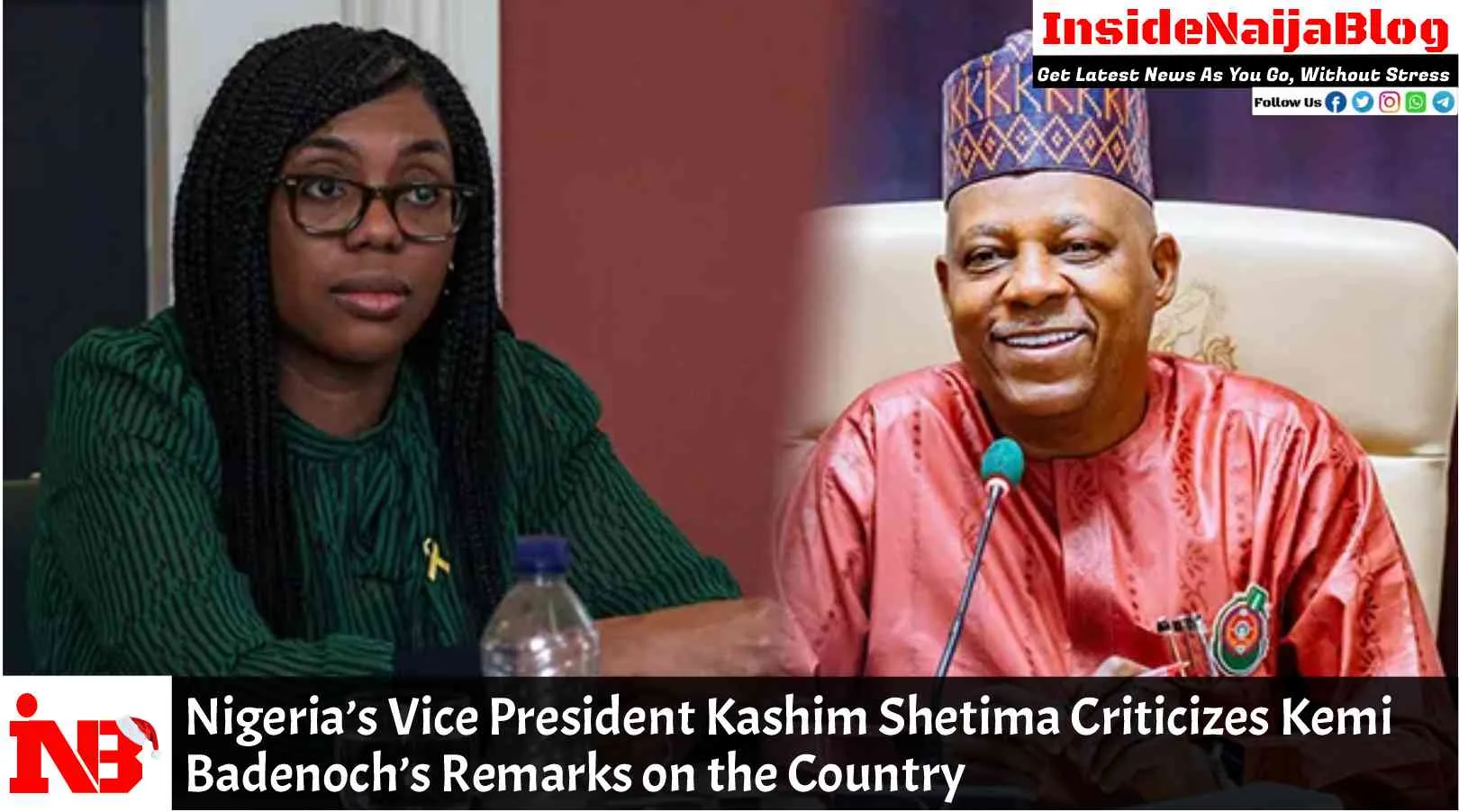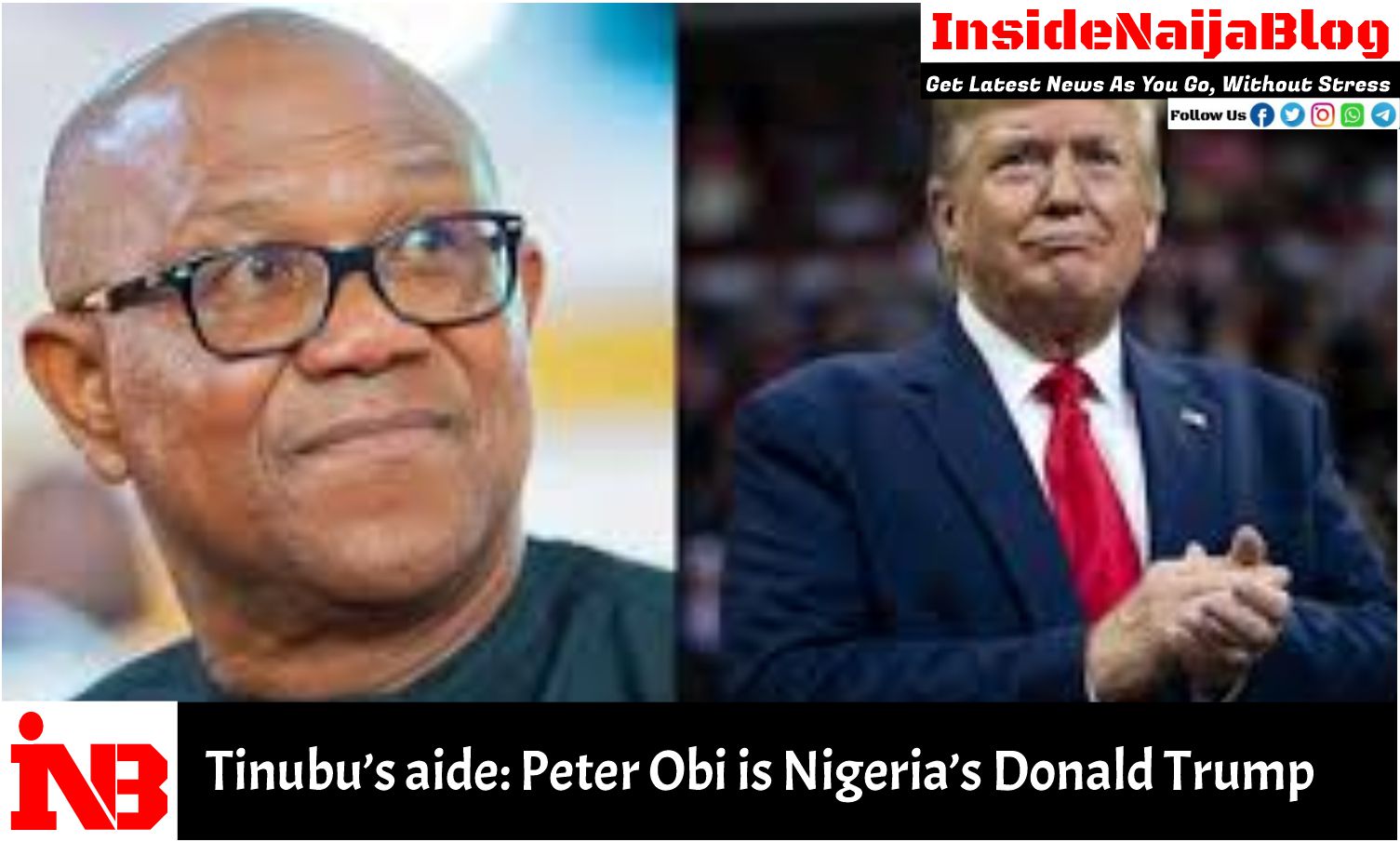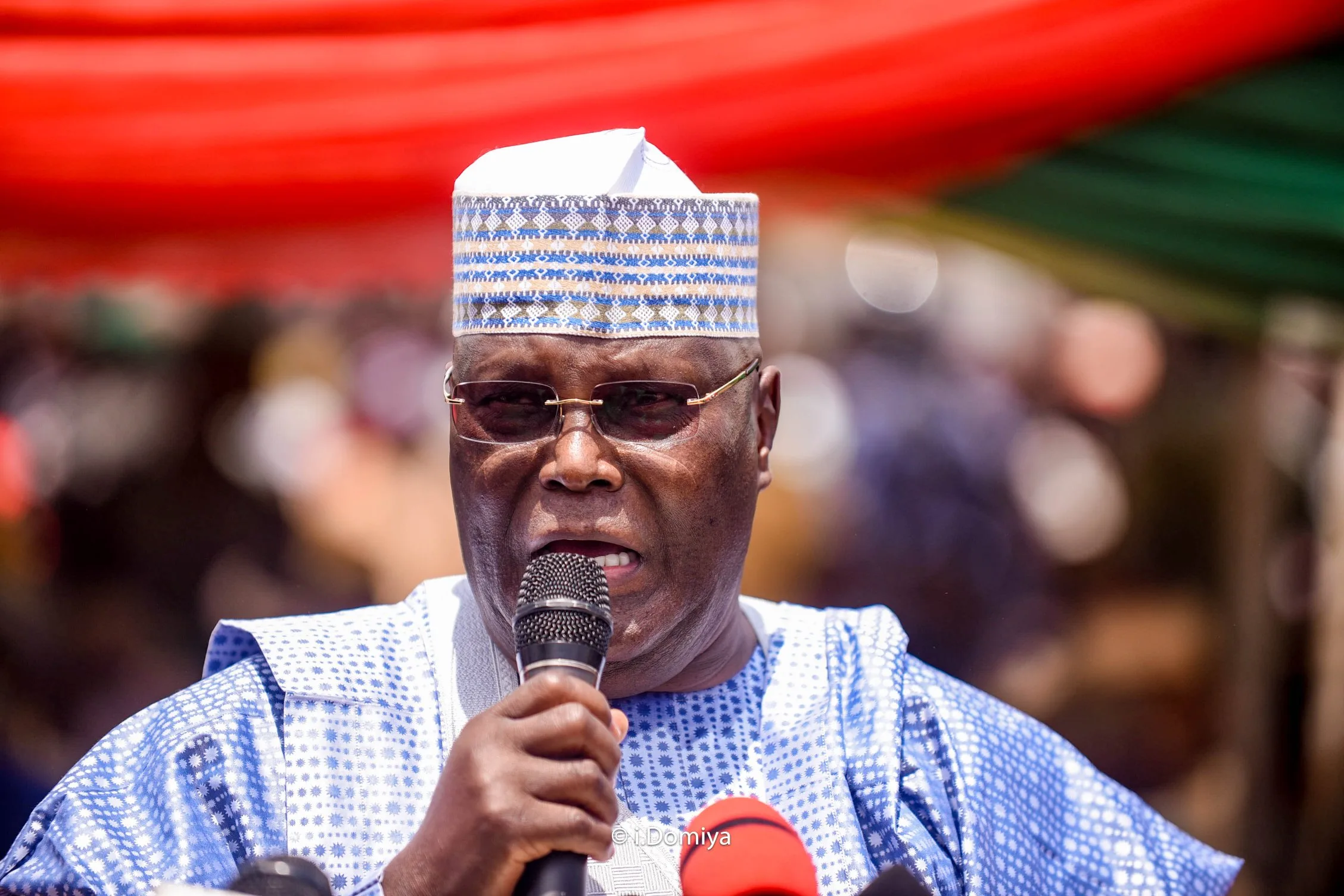The recent back-and-forth between Nigeria’s Vice President, Kashim Shetima, and UK Conservative Party leader, Kemi Badenoch, has sparked a wave of discussions, especially on social media. The controversy began after Shetima criticized Badenoch for what he called her consistent “denigration” of Nigeria, in response to her comments about the country’s issues.
Badenoch, who is of Nigerian descent, had previously described Nigeria as a socialist nation plagued by corrupt politicians and insecurity. She also shared personal memories of growing up in a violent environment, expressing how fear was a constant part of her life, with worries about break-ins and safety.
Shetima, during an event, accused her of always belittling Nigeria and even suggested that Badenoch could “remove the ‘Kemi’ from her name” if she continued with such views. His remarks quickly gained attention, with many Nigerians divided over the issue.
Badenoch’s Response
Badenoch, through her spokesperson, stood by her comments, affirming that she was not interested in “laundering” Nigeria’s image. She maintained her position and did not back down, prompting further debate.
Public Reaction and Opinions
The debate has attracted mixed opinions from Nigerians. Some, like netizen Oluwaseun Ajede, argue that speaking the truth about Nigeria’s challenges should not be labeled as “denigrating” the country. According to Ajede, it is impossible to “repackage” the country’s issues, and those in power should focus on addressing the root causes of these problems instead of shifting blame.
On the other hand, media personalities such as Rufai Oseni criticized Badenoch for what he called her hypocritical stance, pointing out that she was playing politics and focusing on Nigeria’s issues while not acknowledging similar challenges in her own country, the UK. Oseni emphasized that crime and societal problems are global issues, not unique to Nigeria.
Dr. Reuben Abati’s Perspective
Journalist and analyst Dr. Reuben Abati took a different angle, suggesting that the debate reflects a broader issue of groupthink, where people with differing opinions are often demonized. He called for Nigerians to use the criticism as motivation to improve the country, ensuring that future generations would be proud of their roots. Abati’s view found strong support among several Nigerians, who agreed that pride in one’s country should not prevent constructive criticism aimed at improving the situation.
Online Reactions
Many Nigerians took to social media to express their thoughts. Some supported Shetima, saying that Kemi was simply encouraging Nigerians to repair their nation. Others stood by Badenoch, agreeing with her observations of Nigeria’s challenges.
User @chukwuemekaehumadu3138 wrote, “Kemi is simply encouraging us to repair Nigeria. Simple!” while @tyy5557 commented, “Kemi Badenoch has the right to her own opinion. Shettima and his corrupt group should fix the problems in Nigeria.”
Conversely, several users argued that criticism, when constructive, should be welcomed. @chinoouzodinma wrote, “Kemi Badenoch is actually within her rights to describe Nigeria for what it is. Pride for our country does not mean blindness to a point where we cannot criticize the madness in the country. A country rich in oil yet, poor to the letter…”
The Big Question: What Changed?
As the debate continues, questions linger: Did Badenoch’s opinion change because of a deteriorating situation in Nigeria, or was it simply political rhetoric? Should she have maintained patriotism, or is it her right to criticize the state of her birthplace?
This ongoing conversation underscores the complex nature of patriotism, criticism, and political discourse, with Nigerians continuing to reflect on their country’s challenges and potential solutions.




